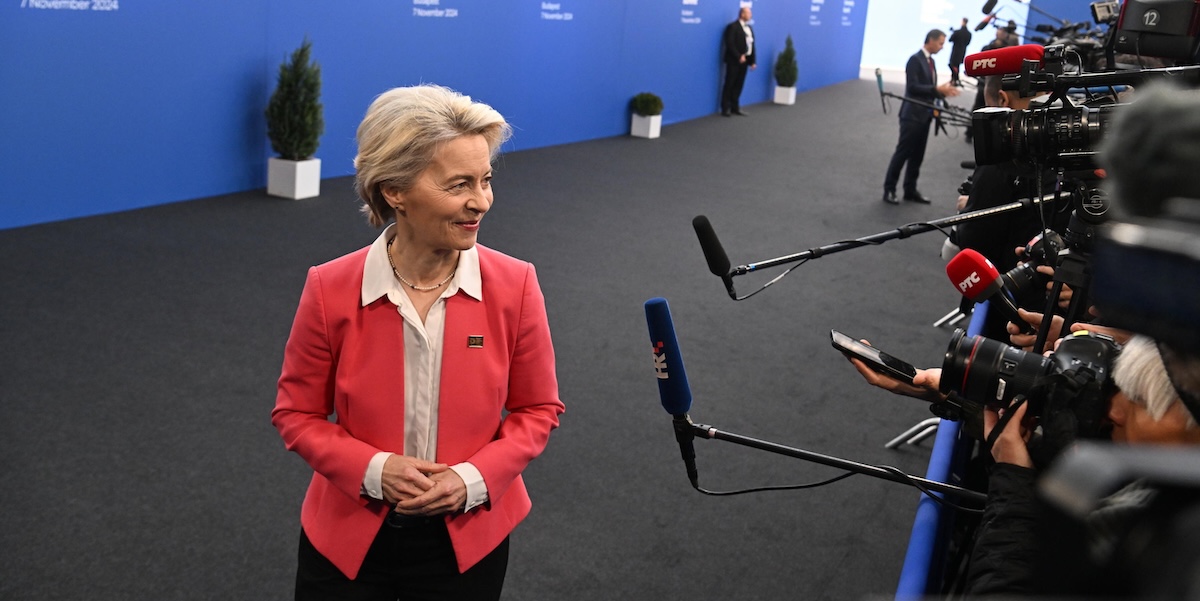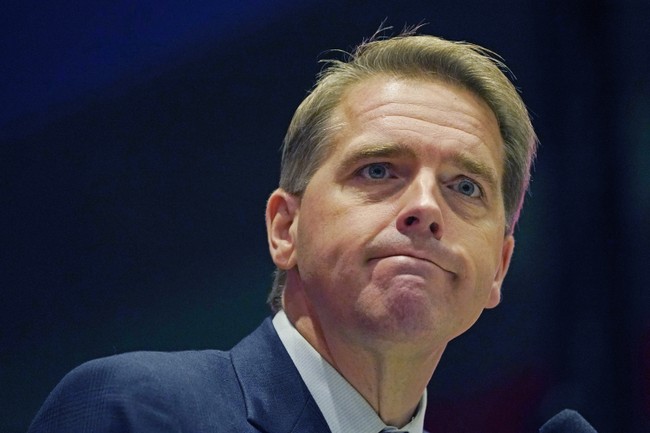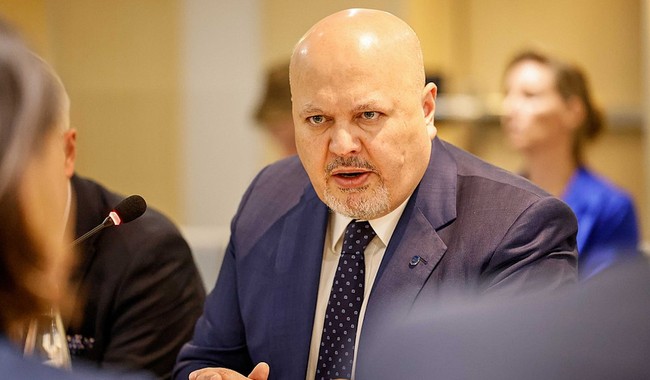Political Shifts in the New EU Commission
The European Union navigates a controversial political landscape with the formation of a new Commission under President Ursula von der Leyen.
Published November 22, 2024 - 00:11am

Image recovered from ilpost.it
The recent establishment of the European Commission, led by Ursula von der Leyen, marks a significant political shift within the European Union. The formation of the new Commission has sparked controversy and discussions, particularly concerning the integration of hard-right party members into key positions.
On November 20, an agreement was reached between the European People's Party (PPE), Socialists (S&D), and Renew Europe, aimed at approving the new Commission without the need for a secret ballot. This coalition's primary goal is to present a united pro-European front, steering away from more contentious issues. Among the prominent figures being evaluated is the Spanish Minister of Ecological Transition, Teresa Ribera, and the Italian far-right representative, Raffaele Fitto from the Fratelli d'Italia party.
This decision has not been without its setbacks, as Fitto's appointment has been criticized for breaching the informal agreement known as the ‘sanitary cordon', which traditionally excludes far-right collaborations. Despite opposition from the Greens and some Social Democrats, the move signifies an increased normalization of far-right alliances within the EU's structure.
The progressive inclusion of these parties into mainstream politics is demonstrated by the strategic support from Giorgia Meloni, Italy's Prime Minister, and her backing of the new Commission in exchange for Raffaele Fitto's appointment. This move has realigned political perceptions and alliances in Europe, highlighting a more significant influence of right-wing factions on the European Parliament's future political trajectory.
In parallel, controversial Hungarian commissioner Olivér Várhelyi was assigned a less sensitive portfolio focused on health and animal welfare, following debates about his suitability due to his close ties with the Hungarian Prime Minister, Viktor Orbán. This decision reinforces the existing criticisms and necessitates further scrutiny over the Commission's political integrity and commitment to Europe's core values.
Moreover, the approval process revealed friction within the Socialist bloc. While some factions, particularly the French Socialists, oppose alliances with extreme-right groups, others are opting for practical cooperation to avoid potential political gridlock. This tension signifies underlying ideological divisions within the EU and presents intricate challenges in ensuring consensus across differing political spectrums.
Key figures, such as Macron's ally Stéphane Séjourné, who will be handling industrial strategy, and Kaja Kallas, a staunch supporter of Ukraine, have been confirmed without delay. These appointments reflect strategic choices addressing both geopolitical priorities and internal EU politics, portraying a complex balance between ideology and pragmatism.
The dealings over Ribera's nomination highlight further domestic implications, particularly with the Spanish conservatives questioning her administrative capabilities amidst national catastrophes. Despite these challenges, Ribera's strong stance during parliamentary evaluations improved her standing as a vital contributor to the ecological transition and competition portfolios within the Commission.
As the plenary vote approaches, set for November 27, the outcome will solidify these strategic shifts within the EU Commission. The decision will showcase if political alliances can effectively navigate tensions and uphold European values while accommodating diverse political affiliations. The dynamics unfolding in this phase will resonate deeply, potentially affecting future policy directions and the EU's broader political equilibrium.





